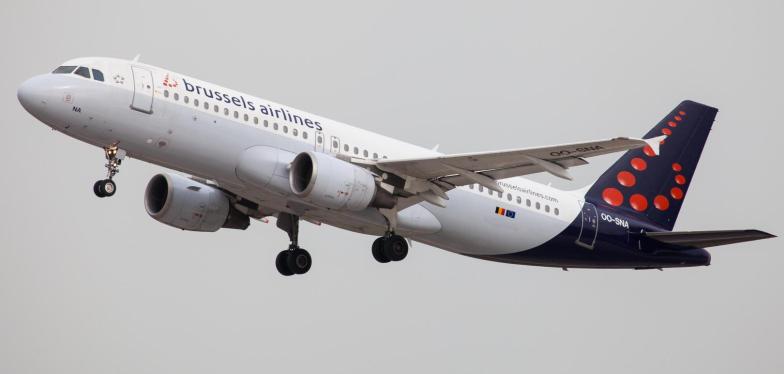Brussels Airport is getting onboard with SAF
Zaventem airport has completed its first flight on partially synthetic sustainable aviation fuels (SAF) and airlines can now fill up there. So, two firsts for the airport. This alternative to fossil fuel should help meet the aviation industry's climate goals.

Brussels Airlines recently flew to Málaga with a mixture of conventional kerosene and used cooking oil and animal fat waste in the tank. Several other airlines across the world are already flying partly on the basis of these or other non-fossil aviation fuels, such as household waste, vegetable oil, biogas, agricultural waste and e-kerosene.
According to some, the lower greenhouse gas emissions from these ingredients compared to regular kerosene could reduce the climate impact of a flight by up to 80%. The crops already filter CO₂ from the air during their life cycle. Unlike fossil fuels, the combustion of vegetable oils extracted from those crops will not release much more CO₂ than had been previously captured. Still, SAFs raise questions: what about their composition, the price tag, availability and potential deforestation for the construction of new plantations?
Finally, it is also worth mentioning that the SAF is supplied by Brussels Airport itself, via the underground NATO pipeline connecting Benelux, France and Germany to supply military aircraft.